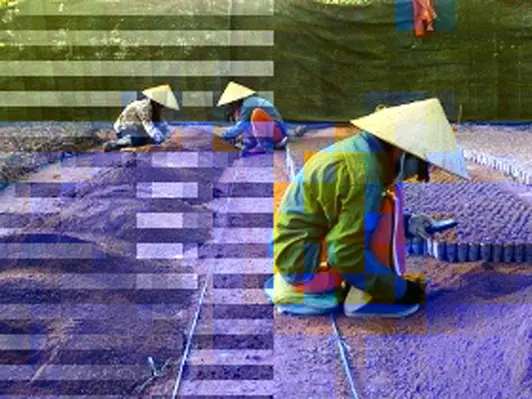The use of social media for improve farming activities can prove to be a huge boost for agribusinesses across the world
Rabobank’s book the Future of Farming explores the potential technology and social media holds for improving farming today.
In some parts of the world, farmers and agribusinesses have been using social media for many years and are quite adept at utilising it to both grow their businesses and connect with consumers.
Rabobank International food and agriculture development senior vice president Bart IJntema said, “Over the years I have seen farmers using apps to make business decisions, write blogs and tweet to share their story with a broader audience. Farmers use online platforms to skip a number of links in the food chain and sell their products directly to end consumers. Social media can definitely be made to work for the sector; we just need to focus on the possibilities that may work for farmers in doing business and engaging with the general public.”
Farmers today are recognising the value of social media and how various platforms can be utilised to share information about their businesses and sectors.
With more than one billion Facebook users and 554mn users on Twitter, there is a great opportunity to bridge geographical distances between farmers and their customers, as well as others with whom they would like to share knowledge.
Social media provides opportunities for farmers and consumers to connect, positioning farmers as a source of information about the origin of the foods consumers eat.
The relevance of knowledge sharing is emphasised by Ricardo Rios, a former computer engineer from Chile. Rios said, “When I have started my dairy farm, my knowledge as a computer engineer was worthless. After a few years of farming I came to see that we lacked knowledge to become a flourishing company.” Seeking knowledge, he met a farmer from New Zealand who could help him. With this colleague as a mentor, he learned a lot in a short time. “Since we started the coaching process from New Zealand, our company has grown. We are now achieving as much from the production system as the New Zealanders,” said he.
Social media offers farmers a unique way to educate the general public about what farmers do, the practices they use and the challenges they face. When used properly, social media is one tool farmers can utilise to join a broader conversation about food production and, in the process, manage the perception of their businesses, and agriculture in general.




